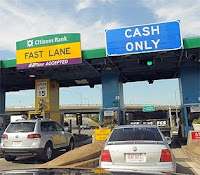 Critics of electric cars often say that the argument that electric cars are much better for the environment than conventional cars is undermined by the fact that the cars must be charged using electricity that is likely created by burning fossil fuels.
Critics of electric cars often say that the argument that electric cars are much better for the environment than conventional cars is undermined by the fact that the cars must be charged using electricity that is likely created by burning fossil fuels.Andy Palmer, head of the company's green vehicle program, said that even in countries such as the U.S. and China, where the majority of electricity is generated from fossil fuels, an electric car is responsible for 24 to 54 percent less emissions than a conventional car.
Nissan is currently working on its Leaf electric vehicle, which is slated to be released late in 2010. For more info, check out this story from Business Green.














